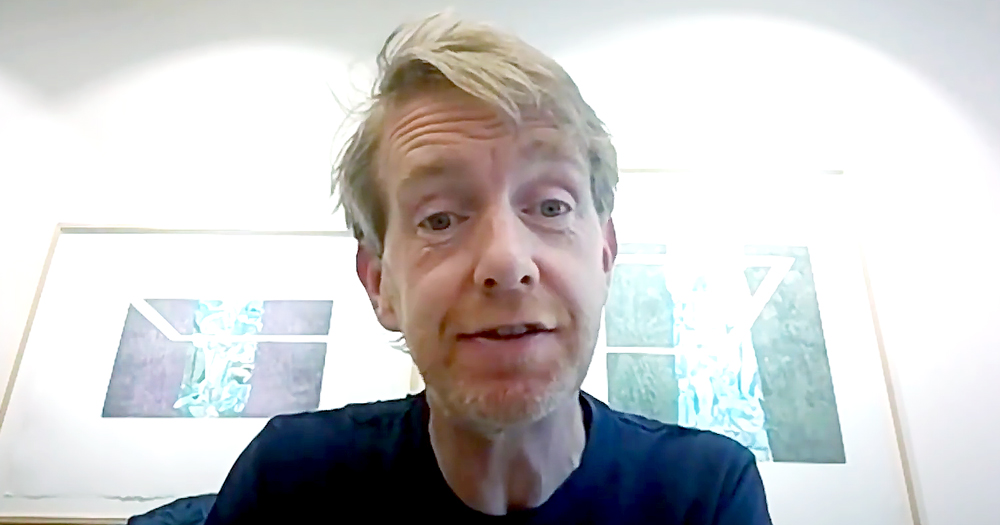The former political director of Yes Equality, Tiernan Brady, talks about the Marriage Equality campaign and how he had to make difficult strategy decisions that were sometimes unpopular in the latest episode of ShoutOut’s ‘Know Your Queer History’ series.
Tiernan Brady has had an eclectic career. He was a councillor with Fianna Fáil for almost a decade before moving into LGBTQ+ advocacy with GLEN and becoming the political director for Yes Equality and then moving on to a similar role in Australia for their own successful Marriage Equality campaign. Now he is a global director of diversity and inclusion at one of the world’s largest law firms.
He reflected on the Marriage Equality campaign and why he thinks he made the right calls.
“As we try to create change, we’ve never been able to do it all in one go. So we didn’t jump from being criminal to Marriage Equality, we jumped from criminalisation to decriminalisation to strong unfair dismissal legislation to adoption to fostering to family rights to civil partnerships, and then on to a public referendum on marriage. But all of those steps beforehand were essential for each of the next steps. And of course that’s not necessarily very sexy campaigning – nobody ever put on a t-shirt: ‘What do we want? Incrementalism. When do we want it? Gradually!’
“But it is how social change was delivered in Ireland, winning and showing with each victory that equality for LGBT people didn’t take anything away from anyone else.”
In 2009 Tiernan Brady began working for GLEN and around that time the decision was made that they would campaign for civil partnership first, rather than lobby for equal marriage.
“With civil partnership it was a tricky one because a lot of people were saying ‘well if it’s not marriage then I don’t want it’,” Brady recalled. “I totally understood that but we had to be very clear saying, well we want marriage but this campaign strategy recognises and believes that we need to get this part, civil unions, over the line so we can get all of these pieces off the table in advance of a referendum.
“That was probably the moment, like with all campaigns, where you have to take tough controversial decisions and you have to stick by them because there will always be people who say ‘if it’s not 100 per cent it’s an outrage’, and that’s an easy position to be in to be honest and it will make you very popular, but it doesn’t create real change.”
Before the referendum had been called there was division within the community over the right way to go about getting marriage equality. Brady and GLEN wanted the strategy of incrementalism while others disagreed.
“I think it’s the nature of all social change that you’re going to have this push and pull within the same side, the same coalition, about how, and it’s always that negotiation between do we hold out for perfection or do we build success incrementally.”
Once a referendum was called, past differences were put to one side within the Yes campaign and they worked together to secure the eventual momentous victory.
“All of those organisations that took different positions on civil partnerships, we all came together – almost all came together – to work together so that was really empowering and brilliant.”
Know Your Queer History, a series from LGBTQ+ education charity ShoutOut, features interviews with 12 individuals involved the progression of LGBTQ+ equality in Ireland. You can watch it on ShoutOut’s Facebook, YouTube, and Instagram channels.
© 2021 GCN (Gay Community News). All rights reserved.
Support GCN
GCN is a free, vital resource for Ireland’s LGBTQ+ community since 1988.
GCN is a trading name of National LGBT Federation CLG, a registered charity - Charity Number: 20034580.
GCN relies on the generous support of the community and allies to sustain the crucial work that we do. Producing GCN is costly, and, in an industry which has been hugely impacted by rising costs, we need your support to help sustain and grow this vital resource.
Supporting GCN for as little as €1.99 per month will help us continue our work as Ireland’s free, independent LGBTQ+ media.
